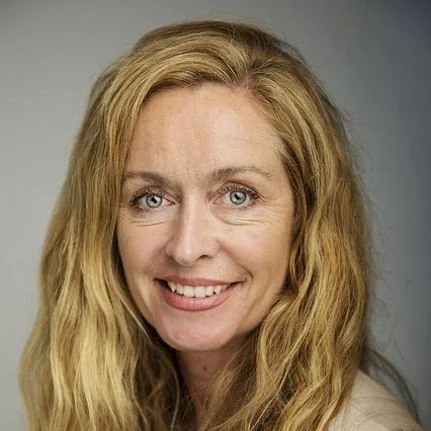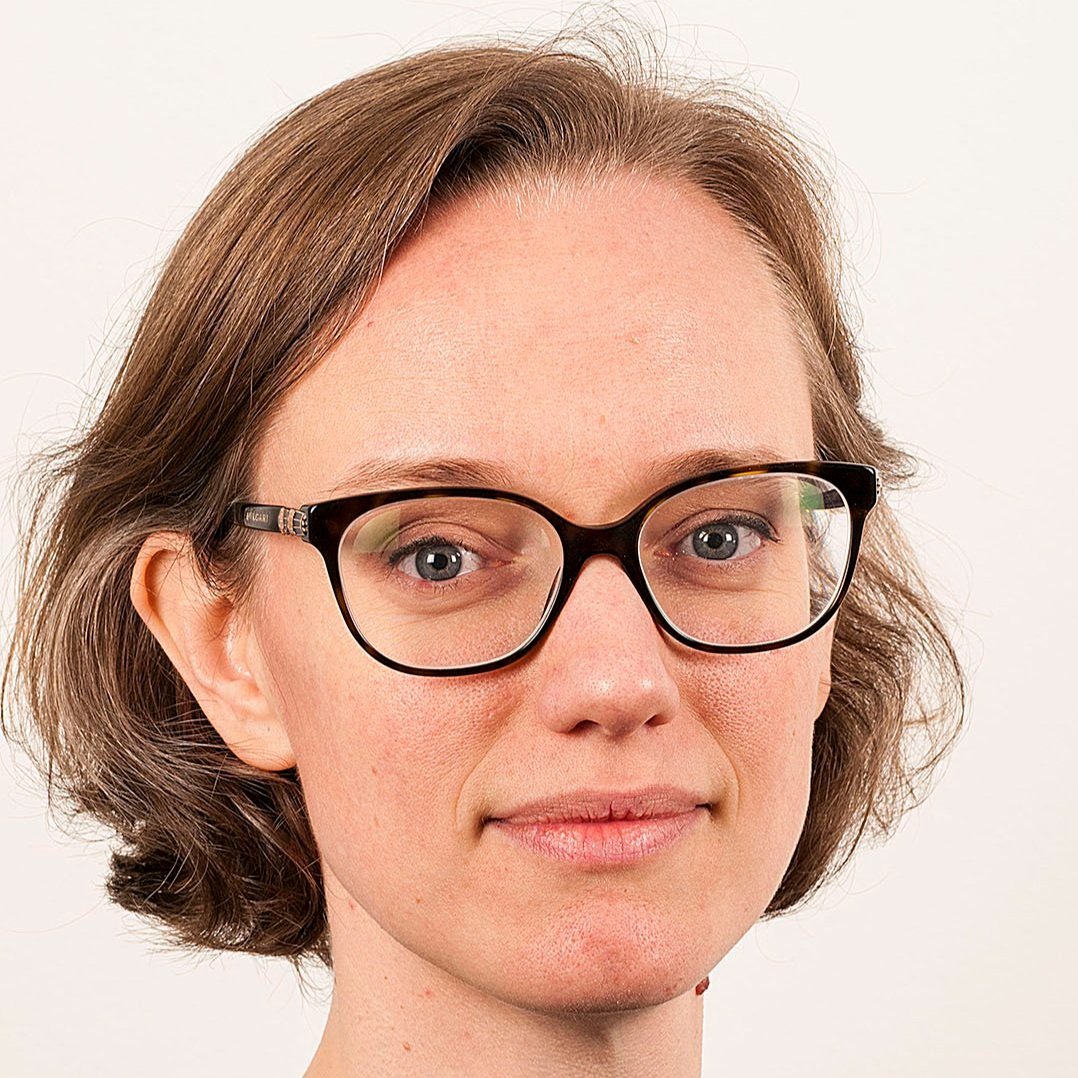Writing retreat with DIGIT
Would you like to participate in a 3-day workshop dedicated to your academic writing? As a member of DIGIT, you are invited to join our very first writing retreat that will take place at the charming Jeløy Radio hotel in Moss. The idea is to come together in a quiet environment and focus entirely on our scientific writing. We will have time for both active writing and for peer-to-peer discussions in groups. Additionally, every participant will receive feedback on their paper from the course leaders.
Are you interested in joining the workshop? We only have 12 spots for this retreat, so please register ASAP to save your place!
Writing Retreat
at
Jeløy Radio Hotel
When: 17 - 19 April 2023
Registration deadline: 8 March 2023
Registration: https://nettskjema.no/a/305372 (Your place is not reserved until you here back from us)
Prerequisites: A paper draft (2000-4000 words) must be submitted in English or a Scandinavian language by 3 April at the latest. Please upload your draft paper draft here: https://nettskjema.no/a/305375
The writing retreat is open for DIGIT members only. All reasonable costs (economy travel and full board at the hotel) will be reimbursed.
Content
This is a workshop designed to give the participants a break away from daily commitments to get protected writing time and to focus on their individual writing.
The program is designed with allocated time slots for active writing where participants spend time on their individual draft paper. Since we have three days together, there will also be time for peer-to-peer feedback sessions and to receive feedback and guidance from the course leaders.
As a participant, you will be allocated writing partners in groups of three. You present your individual work to your fellow colleagues and to the course leaders, and additionally act as discussant of the work of the two other group members.
The aim is to create an inclusive and safe social group dynamic, where we discuss each other’s work and inspire each other with engaged, constructive and respectful feedback. Since the participants in the workshop will follow an all-day program, we require that participants join the complete program and put aside other commitments during the stay to protect the concentration and the time dedicated to our writing.
The workshop will be led by Marit Haldar and Hilde Reinertsen. Read more about their background below.
Preliminary program
Monday 17. April
13.00 – 14.00 Lunch
14.00 – 14:15 How to give constructive feedback
14.15 – 16.00 Group work with paper presentation, discussion and feedback
16.00 – 16.30: Snack break
15.30 – 19.30: Writing-session
19.30: Dinner
Tuesday 18. April
07.00 – 09.00: Breakfast
09.00 – 12.00: Writing-session
12.00 – 13.00: Lunch
13.00 – 17.00: Writing-session
17.00 – 17:30: Snack break
17:30 – 19.00: Walk and talk with writing partners
19.00 - Dinner
Wednesday 19. April
07.00 – 09.00: Breakfast
09.00 – 11.00: Writing-session
11.00 – 12.30: Feedback and evaluation
12.30 Snacks before departure
Course leader
Marit Haldar is professor of sociology at OsloMet and the director of DIGIT. Throughout her research-career she has been concerned with ideology and cultural analysis of childhood, old age, gender, family and (social) technology. She has also studied marginalized subjects in the welfare state and inequalities in treatment in the health care system from an ideological perspective. Haldar has broad and long experience with most qualitative methods and has developed new methods that are discussed in highly regarded international method literature (see Silverman, D. 2011, "Interpreting qualitative data", 4th ed. London: Sage). Haldar has led courses in qualitative methods and writing courses at least once a year since 2011. She has extensive experience in providing feedback on texts in both the humanities and social sciences.
Course leader
Hilde Reinertsen is a researcher at the Centre for Technology, Innovation and Culture (TIK) at the University of Oslo.
Reinertsen’s academic interests span from the relationship between knowledge and politics, and how different forms of knowledge production shape politics and society at large. She has investigated topics within the history of politics and public administration, the history of science, environmental history, development studies, energy, aquaculture, petroleum, evaluation and audit. She is the principal investigator of the research project “Evaluation Optics of the Nation State: The Past, Present and Future of Public Documentation” (EVALUNATION). This project builds on her former Phd project on the history of evaluation reports and how these are written, read and discussed in society. A key part of the research project and Reinertsen’s previous work is to develop an interdisciplinary method for document analysis that combines historical, rhetorical, sociological and digital methods with approaches developed within the field of Science and Technology studies.
Reinertsen has co-written the textbook Doing document analysis: A practice oriented method (SAGE Publishing 2020) with Kristin Asdal, which is an expanded version of the Norwegian original: Hvordan gjøre dokumentanalyse: En praksis-orientert metode (Cappelen Damm 2020).
Please feel free to contact the DIGIT coordinator should you have any questions.



